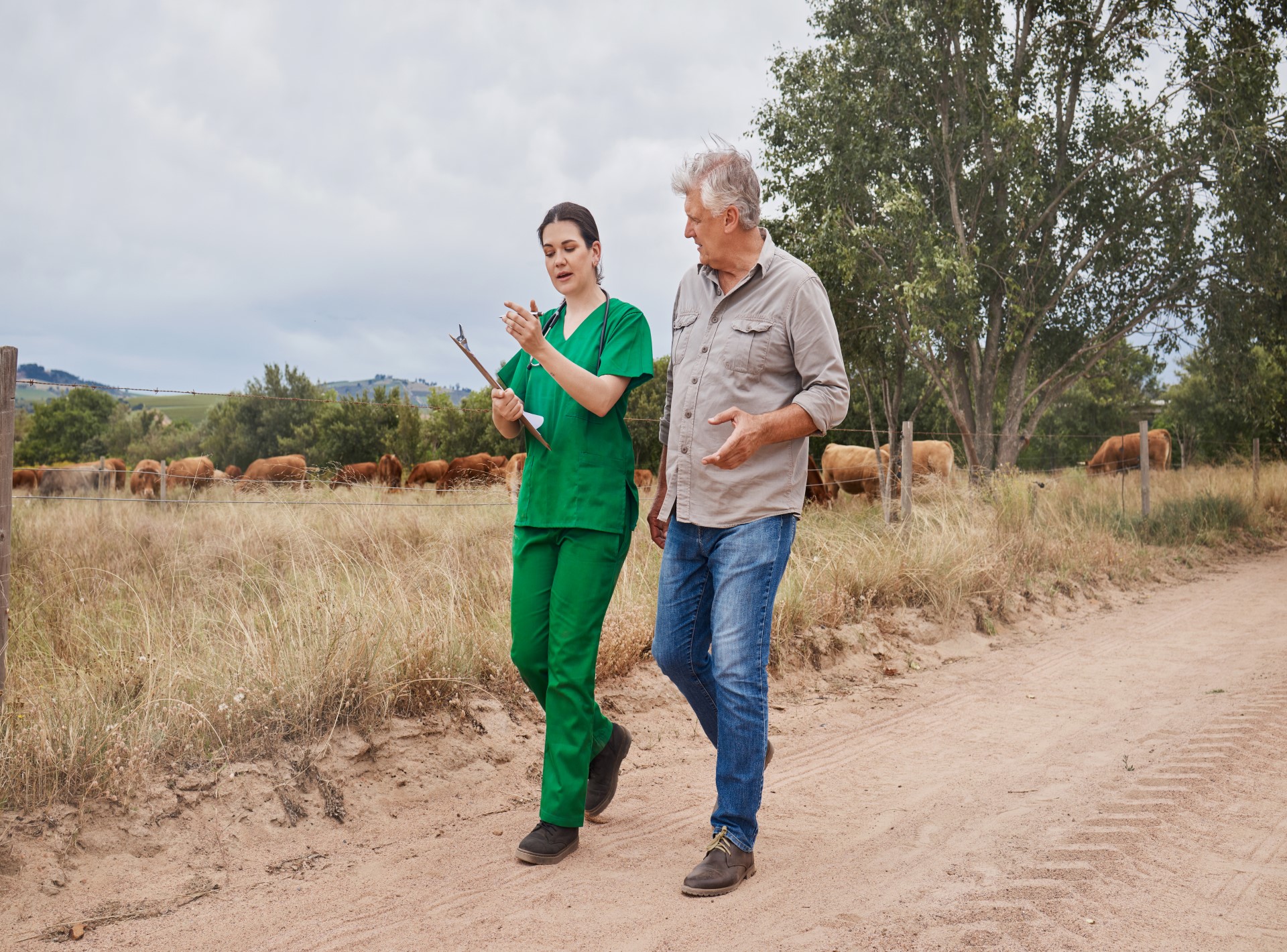Amendments have been completed to West Australian laws regulating the recruitment of GPs by local governments.
The new regulations came into effect on Saturday, 20 May 2023, with the aim of reducing red tape in response to the global challenges in attracting and retaining medical professionals in rural and remote areas.
Despite primary care predominantly being a Federal Government responsibility, many of WA’s local governments take on a key role in contracting GPs by providing incentives such as housing and other living subsidies.
Amendments to procurement requirements under the Local Government (Functions and General) Regulations 1996 will remove additional barriers to local governments retaining medical services by allowing tender exemptions for varying and extending contracts for regional medical services.
The amendments will also make it easier for an incoming GP to take over another doctor’s contract.
WA Health Minister, Ms Amber-Jade Sanderson, announced the changes on 19 May 2023, pointing out that despite the jurisdictional cross-over, the State Government wanted to assist where possible, which is why they had decided to legislate the changes.
“The McGowan Government is committed to doing everything we can to support regional local governments to attract and retain healthcare workers,” Minister Sanderson said.
“We want to ensure all Western Australians have access to top quality healthcare, no matter where they live.”
Under the previous regulations, a local government was required to invite public tenders for all contracts that were or expected to be worth more than $250,000 – the amendments mean that the tender process will now only need to be engaged when first hiring a GP or procuring medical services in regional areas.
The reforms were developed through a working group involving the Department of Local Government, Sport and Cultural Industries, the WA Local Government Association, and individual councils.
Local Government Minister John Carey believed that the changes would benefit residents and ratepayers across local governments, as well as GPs.
“Earlier this year, I heard firsthand from local governments about the difficulty in retaining GPs due to the cumbersome retender process, and difficulties innovation of GP contracts,” Minister Carey said.
“These amendments to the Regulations will streamline the contracting process… making it easier for them to retain crucial medical services for their communities.
“I want to acknowledge a number of stakeholders including relevant local governments and WALGA for their input through the working group. In particular, the information and feedback provided by individual councils has been critical to identifying how best we could progress effective reforms.”
In other state healthcare news, changes to improve access to assisted reproductive technology (ART) are a step closer with the McGowan Government supporting recommendations from an expert panel.
The panel – appointed by Minister Sanderson and chaired by WA infertility expert Professor Roger Hart – was charged with helping shape new ART policy following Dr Sonia Allan’s 2019 review of the Western Australian Human Reproductive Technology Act 1991, and the Surrogacy Act 2008.
Two new bills will be introduced to parliament.
The first will address matters related to ART procedures and treatments, while the second will focus on human embryo research under strict national licensing and regulations and a continued ban on cloning for human reproduction.
The proposed new ART legislation will expand eligibility for altruistic surrogacy to enable people in same-sex relationships including single men, transgender and intersex people to access surrogacy and permit reciprocal in vitro fertilisation.
It is intended that the process for surrogacy in WA will also be streamlined.
There will also be changes to processes regulating licensed ART providers in WA and expanded options for genetic testing of embryos and posthumous use of gametes, reproductive tissue, and embryos.
The proposed legislation will also allow donor-conceived people to access information about their social and genetic heritage, regardless of when they were born, where records are available, giving donor-conceived people a better sense of identity and knowledge about their genetic heritage – which can be critical for medical treatments and family planning.
WA will be the second Australian jurisdiction to implement this change.
“I want to thank the panel members for their hard work in developing these recommendations, they have provided valuable, professional insight into how to update our laws to better reflect contemporary opinions and advances in assisted reproductive technology,” Minister Sanderson said.
“These reforms will be life changing for thousands of West Australian families every year.”


